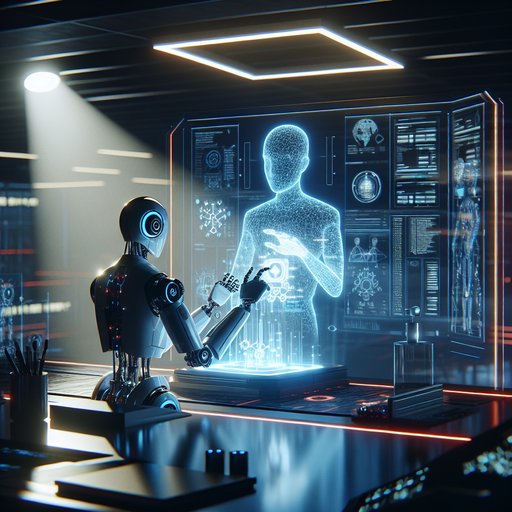
In a surprising turn of events, Przemysław 'Psyho' Dębiak, a Polish programmer and former OpenAI engineer, defeated an advanced AI model in the World Coding Championship. This victory, achieved in a grueling 10-hour marathon, might mark the last time a human claims the top spot in this highly competitive arena. The win highlights the enduring capabilities of human ingenuity in an age increasingly dominated by artificial intelligence.
Przemysław Dębiak's victory was not just a personal triumph but a symbolic one, showcasing human resilience and adaptability. As a former engineer at OpenAI, Dębiak was well-versed in the capabilities of AI, making his win even more significant. Competing against a custom AI model designed by his former employer, Dębiak demonstrated that human creativity and problem-solving skills can still surpass machine efficiency, at least for now [1]. The competition itself was an intense 10-hour marathon that tested the limits of both human and machine capabilities.
While AI models have made significant strides in recent years, mastering tasks that were once the exclusive domain of human experts, Dębiak's victory serves as a reminder of the unique qualities that humans bring to the table. These include intuition, context understanding, and the ability to think outside the box, which remain challenging for even the most advanced AI systems [1]. This event has sparked discussions about the future of AI and human collaboration. As AI continues to evolve, the line between human and machine capabilities is becoming increasingly blurred.
However, Dębiak's win suggests that there is still room for human expertise in areas where creativity and complex problem-solving are required. It also raises questions about how AI and humans can work together to complement each other's strengths, rather than compete [1]. Looking ahead, the World Coding Championship may serve as a benchmark for future competitions, where AI and humans collaborate rather than compete. As AI models become more sophisticated, the focus may shift towards developing hybrid teams that leverage the best of both worlds.
Dębiak's victory, while possibly the last of its kind, highlights the potential for innovative partnerships that could redefine the landscape of technology and problem-solving in the years to come [1].
Sources
- Polish programmer beats OpenAI's custom AI in 10-hour marathon, wins World Coding Championship — possibly the last human winner (Tom's Hardware UK, 2025-07-19)
























